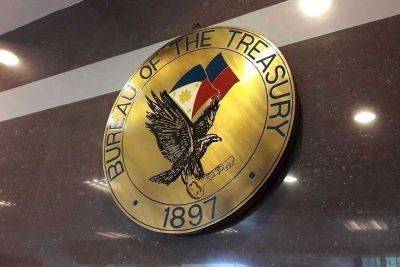Government looking for ways to make water rates equitable
MANILA, Philippines — The government is exploring options to make water rates more equitable by expanding discounts or extending subsidies to poor Filipino households.
Environment Undersecretary Carlos Primo David said they are studying how the country’s water tariff structure would guarantee that poor Filipino families benefit from government support.
The review began with the discovery that low-income households pay more for their water bills because they have more household members due to extended families.
Meanwhile, middle and upper-income households consume less water on a monthly basis since they have fewer family members and are most of the time outside their homes, David said.
As a result, low-income households pay more for their water bills than their middle and upper-income counterparts.
Since middle and high-income households consume less water, then they are the ones benefitting more from the lifeline rates or the subsidized water rates being implemented by the government.
Lifeline rates of the Metropolitan Waterworks and Sewerage System (MWSS) apply to all households that consume 10 cubic meters or less of water per month.
For example, lifeline customers of Maynilad Water Services Inc., which is MWSS’ concessionaire in the West Zone, enjoy a basic charge of P130.54 per connection compared to the P222.48 per connection regular rate of basic charge.
Around 25 percent of Maynilad’s 1.5 million billed service connections are lifeline customers.
“Since the low-income households consume more than 10 cubic meters per month, they will now pay the higher tariff rate. And I think we should rationalize that,” David told reporters yesterday.
“It is not their fault that they have a lot of family members in one house,” David added.
One of the options that the government is studying at the moment is providing targeted subsidies to the poor households, especially for 4Ps beneficiaries, so that they would continue to enjoy lower water bills despite higher monthly consumption, he said.
The other proposal on the table, David said, is extending the lifeline rate of the low-income households even if they consume beyond 10 cubic meters per month.
He also floated the







